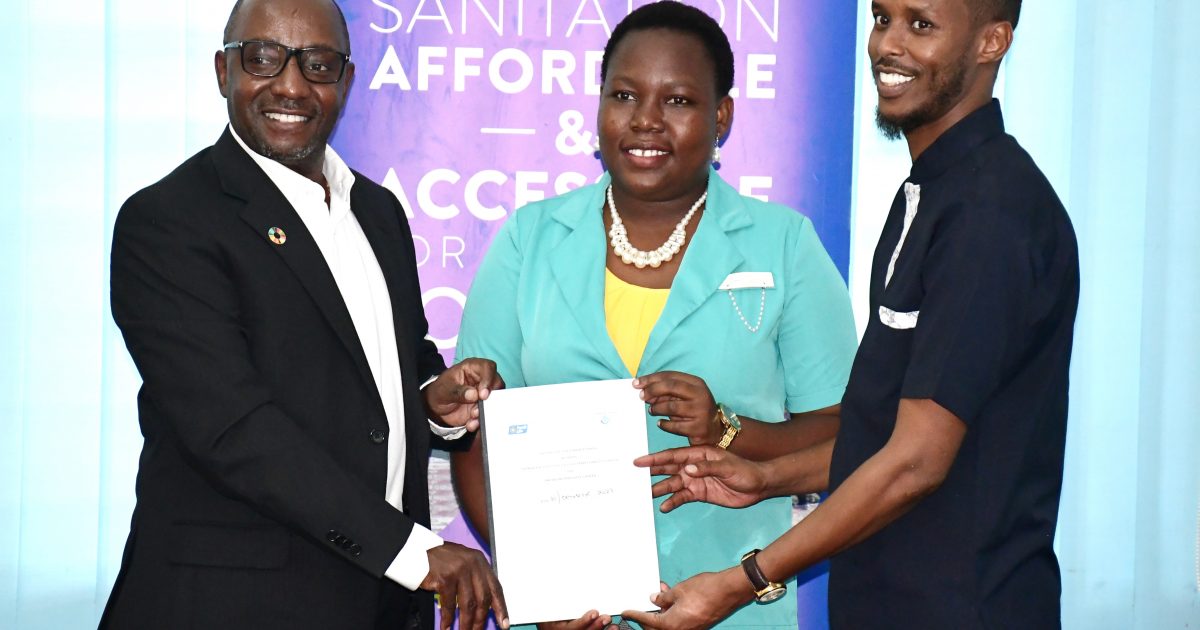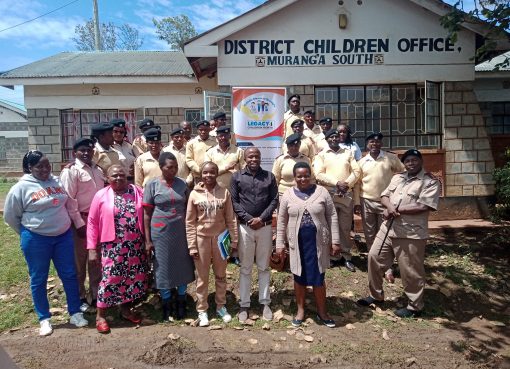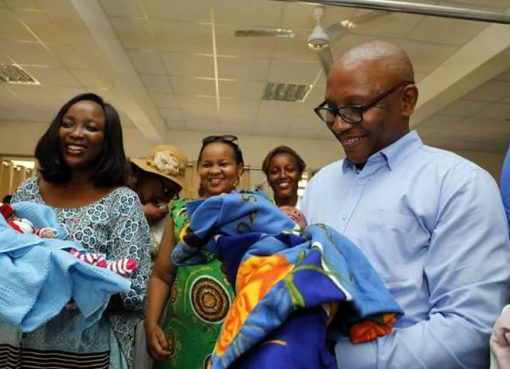Mombasa Water and Sanitation Company Limited (MOWASCO) has signed a Memorandum of Understanding (MOU) with Fresh Life to improve sanitation in informal settlements.
Fresh Life and MOWASCO will survey to map out all the informal settlements to determine where there are greatest needs to set up water-less, container-based toilet facilities.
MOWASCO Managing Director (MD) Abdirahim Farah says they are excited to cement the partnership that will offer a non-sewer solution to the people of Mombasa.
“Around 70 percent of Mombasa is classified as a low-income informal sector. We need to have deliberate targeted approaches to make sure our people live in dignified ways; this is in line with the manifesto of the governor to improve our access to fresh water and sanitation facilities,” said Farah.
The partnership, he added, offers a platform for MOWASCO to grow, look at the challenges, and map out the low-income areas to come up with a specific, deliberate, targeted approach to solving sanitation problems.
“As a company, we are trying to use a multi-prong approach to solve the sanitation issue,” said the MD. Currently, we are in the middle of doing a World Bank project whereby we are rehabilitating around 8 kilometers of our sewer lines in Old Town and Mombasa West.”
MOWASCO is also in the process of reviving the Kipevu wastewater treatment plant to treat 17,000 m3 of wastewater and constructing 15 ablution blocks across the county.
Anthony Mulinge, Managing Director of Fresh Life, says the partnership seeks to reduce the sanitation gap for dwellers in informal settlements.
“We believe that with our mandate to provide non-sewer sanitation, we will increase sanitation coverage in the greater Mombasa County, specifically targeting people in low-income communities.
The partnership will give dignity to the sanitation problem that currently exists. We also seek to reduce sickness that is a result of poor sanitation, such as cholera and diarrhea. We also look forward to creating employment and economically empowering the people that live in the communities,” said Mulinge.
Fresh Life has set up over 7,500 container-based toilets in Nairobi, Kisumu, and Eldoret cities.
Mombasa, according to the MD, was selected because of its population living in informal settlements and high water table “Every time we try and dig pit latrines, all the waste finds its way into the environment and the waterways.”
“By providing this container-based solution, it’s well suited for the people living in this particular community,” he said, adding that youth will be employed to collect and safely dispose of the waste at the Kipevu wastewater treatment plant.
County Executive Committee Member (CECM) for Water, Natural Resources, and Climate Change Emily Achieng lauded the partnership,, saying it has come with a bag of goodies.
“We are going to work closely with Fresh Life to ensure that there are regulatory frameworks on issues of sanitation,, and most importantly, we are also employing the youth who serve within the sanitation value chain as will be identified by the program,” she said.
By Sadik Hassan and Shamim Musa




